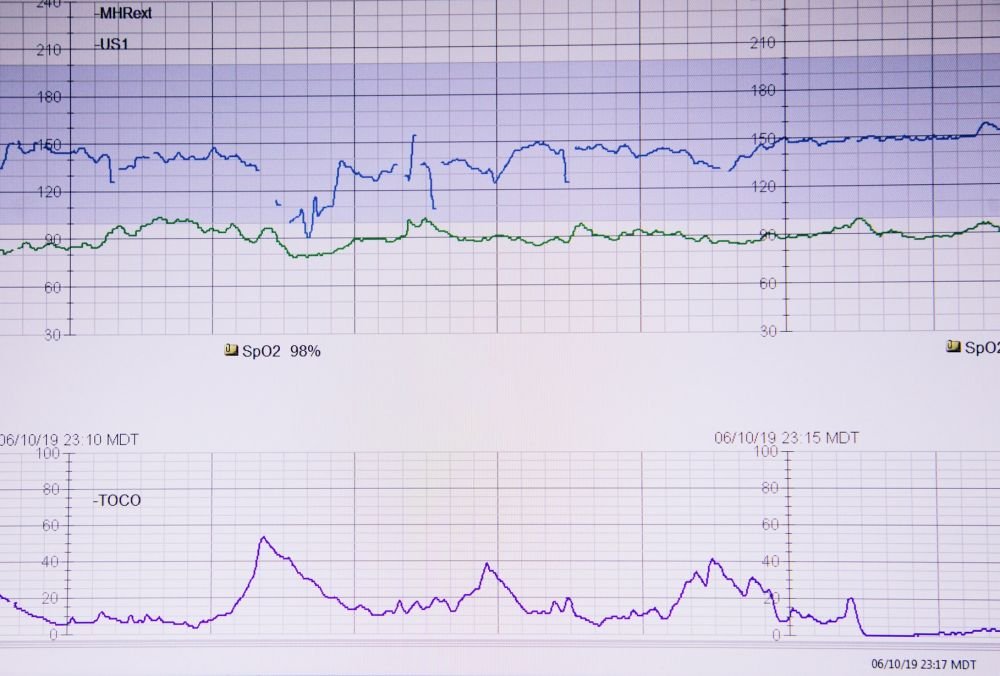
The simplest kind of heart scan like an ECG in old age can predict whether we face dementia in the next 10 years of life. This conclusion was made by researchers from Johns Hopkins University.
A simple ECG can be used to predict the likelihood of developing various types of senile dementia in the next 10 years. Researchers have found that older people with left atrial abnormalities are one-third more likely to have an incurable disease, even if they don't have any symptoms of heart problems. Therefore, a type of scan that is used only for people with suspected cardiovascular disease and heart attacks would help identify patients at increased risk of dementia.
Eye problems increase risk of dementia by 60%
The left atrium helps pump oxygenated blood to the most important organs in our body, including the brain. If this ventricle does not function well, then blood flow to the brain is reduced, which is a risk factor for dementia. Atrial cardiopathy is a term that combines a number of pathologies that prevent the left ventricle from contracting normally.
HRT protects women from senility
All this can lead to strokes and heart rhythm disturbances – two complications also associated with senile dementia. More than 5,000 Americans over 70 took part in the study. Observations showed that atrial cardiopathy is an independent risk factor, and it can be detected using an ECG and other types of heart scans. (READ MORE) 
Johns Hopkins University
Medicine
private research University founded by Johns Hopkins in Baltimore (Maryland, USA)
